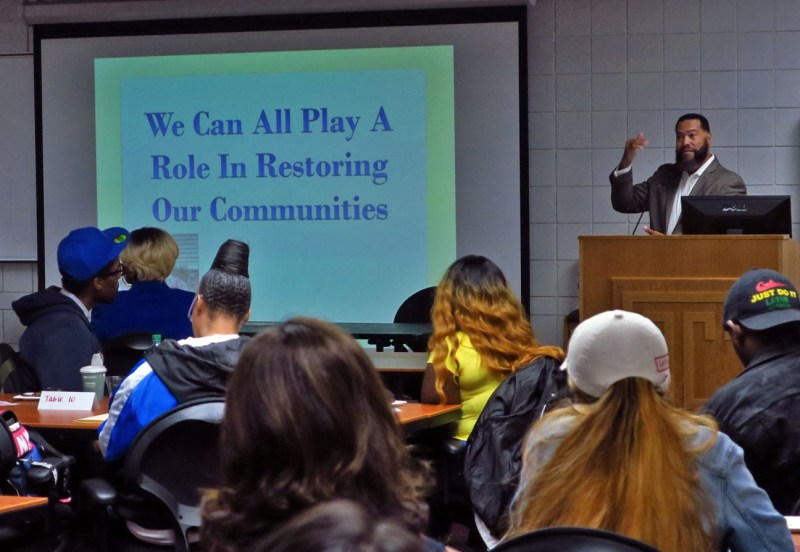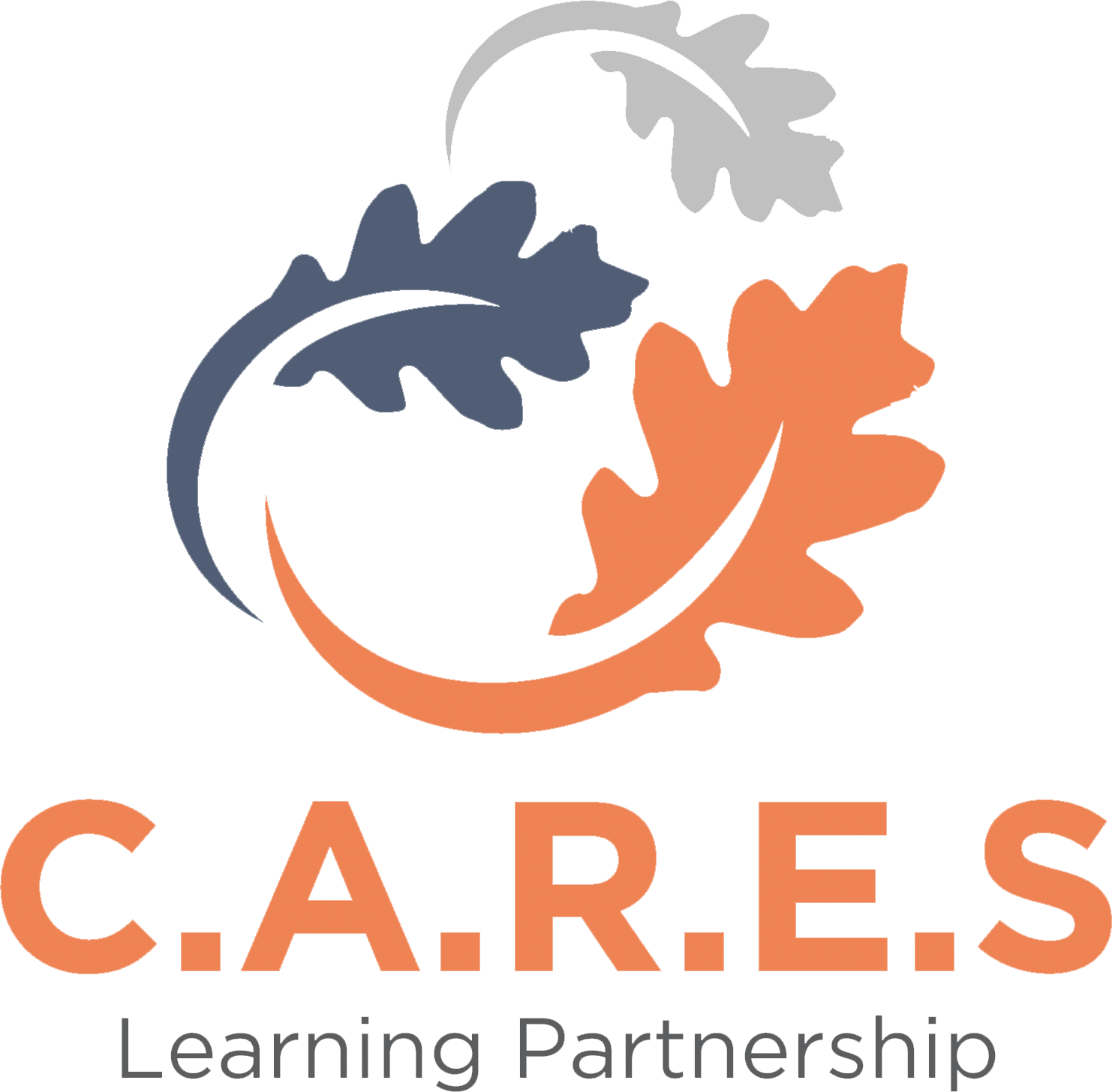SOCIAL-EMOTIONAL LIFE
According to Kaethe Weingarten, Ph.D., Whether we like it or not, all of us are witnesses every day to violence and violation. Exposure to violence and violation is commonplace in our daily lives. These events produce a response she calls common shock. It is common, because it happens all the time, to everyone in any community. It is a shock, because regardless of our response – spaciness, distress, bravado – it affects our mind, body, and spirit.
17M
DEPRESSION
Affects over 17 million adults (about 7 percent of the adult population yearly
40M
ANXIETY
Most common in US 40 million
(7% of children age 3-17) experience
anxiety each year
300B
STRESS
American employers spend 300
billion dollars every year on health
care and lost workdays linked to
stress
HELPING PEOPLE WHO HELP PEOPLE, TAKE BETTER CARE OF THEMSELVES

You Are Being Impacted
The biological effects of common shock are all forms of a stress response. Stress is an alarm reaction to something a person considers as threatening (fight or flight). A great deal is known about how to manage common shock reactions. Individuals can practice self-care. Support from colleagues and institutions is essential. Yet, very few institutions devote the time and resources of their organizations to care for their employees, either preventative or after a problem has occurred, with the sophistication that current knowledge allows.
COMPASSION FATIGUE
VS.
BURNOUT
Compassion fatigue has similar symptoms to burnout. Compassion fatigue is a preoccupation with absorbing trauma and emotional stresses of others, and this creates a secondary traumatic stress in the helper. Compassion fatigue can be defined as the emotional residue of exposure of working with those suffering from the consequences of traumatic events. The prolonged exposure from listening to clients’ traumatic stories makes you susceptible to compassion fatigue and is not always easily identifiable.
Burnout is about being ‘worn out’ and can affect any profession. The impacts of burnout emerge gradually over time and are easily identified to direct links and stressors within the working and personal life. Things that inspire passion, drive, and enthusiasm are stripped away as tedious, unpleasant thoughts take over.
The differentiating factor between the two types of stresses: burnout emerged over time and compassion fatigue if identified and managed early has a faster recovery time. Unhelpful and unhealthy coping strategies can be triggers for burnout some of these include:
- Work longer hours
- Don’t delegate
- Don’t take breaks
- Don’t say no
- Bottle up feelings
- Procrastinate and avoid
- Be a perfectionist
- Take work home
- Take on social justice issues
- Take on issues
- Don’t talk about it
- Squeeze out hobbies
VICARIOUS TRAUMA
Secondary trauma is the emotional and psychological effects experienced through indirect exposure to the details of the traumatic experiences of others. Similarly, vicarious trauma is the cumulative transformative effect upon the professional who is working with survivors of traumatic life events.

SELF-CARE & COMPASSIONATE WITNESSING
Compassionate Witnessing asks us to witness ourselves intentionally first. Otherwise, we cannot witness others intentionally. Being intentional is what we are able to control and uncertainty is no reason for inaction.
Self–care is any activity that we do deliberately in order to take care of our mental, emotional, and physical health. … Good self–care is key to improved mood and reduced anxiety. It’s also key to a good relationship with oneself and others.

Behavioral Health & Wellness
Our mission is to help those that serve others. We encourage educators and even pastors to view themselves as we do, first responders.
A recent LifeWay Research study found pastors are experiencing some intensified pressure points connected with their congregation’s needs. Among those: 26 percent of pastors reported worry over finances; 16 percent feel pressure over technological challenges and 12 percent felt pressure offering pastoral care through a socially distanced format.
Intensified stress is not unique to pastors as a recent poll, conducted by Monmouth University, found that 55 percent of people said their stress levels have increased since the pandemic began.

Self-care & Leadership
The CARES Learning Partnerhsip’s Self-Care Initiative was born out of the perceived needs created by an emerging COVID-19 pandemic and the overt racism in public spaces, as demonstrated in the killing of George Floyd by the Minneapolis Police in early 2020.
We began offering a discovery tool, a self-compassion survey to past and potential clients. The results informed us that the need for leaders and their followers to learn to be intentional about their wellbeing would be essential.

Coaching for Holistic Wellness
Looking at the definition of health as defined by Steadman’s concise medical Dictionary, 4th edition: A state characterized by anatomical, physiological, and psychological integrity. The ability to perform personally valued family, work, and community roles; the ability to deal with physical, biological, psychological, and social stress; a feeling of well-being; and freedom from the risk of disease and untimely death.
There it is in black and white, health from a holistic perspective! It is a healthy mind, healthy body, and healthy spirit.
Midway through 2020 we were informed by many of our clients that their intentions were good but they need help with their attaining their goals. We added a certified Health Coach to our team. She quickly informed us that a health coach = goals coach. All the professional development in the world will have little impact or sustainability without a holistically health person.
